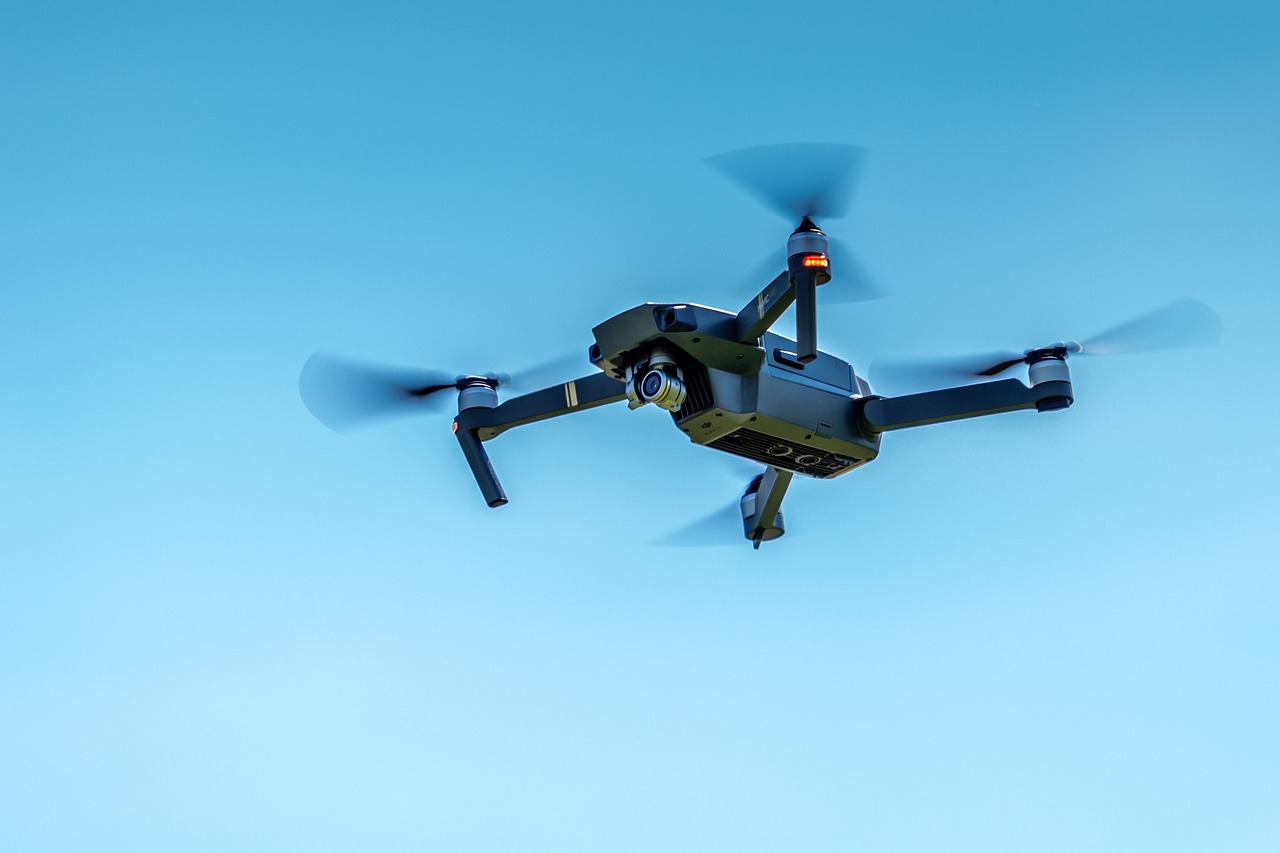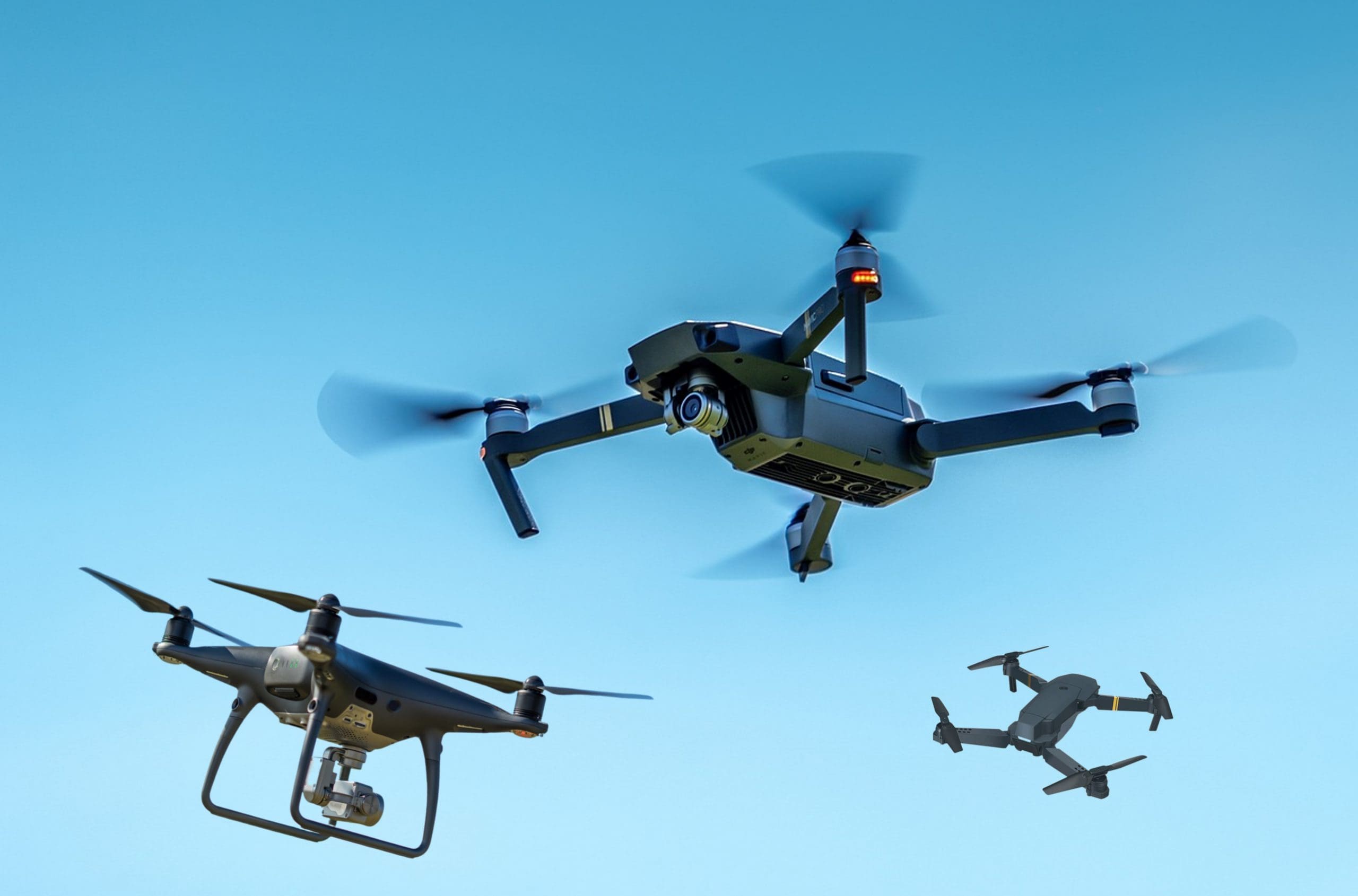A new paper by researchers from Colorado State University claims commercial trucking systems have severe cybersecurity vulnerabilities that could enable hackers to take control of, steal data from, or even disrupt entire fleets by spreading malware between trucks.
These findings highlight the cybersecurity gaps that exist in the trucking industry through electronic logging devices (ELDs) — a federally mandated supplemental system that is used to track various metrics for later inspection and is closely linked to control systems in the vehicle. The issue is that these ELDs aren’t currently required to hold security precautions, and as the paper details, can be wirelessly manipulated from the road to, for example, force trucks to pull over.
Associate Professor Jeremy Daily explains: “This research expands on past work we have done around the cybersecurity of heavy machinery like trucks, boats, and tractors with the National Motor Freight Traffic Association and through our hands-on Cyber Challenge Events with students on campus. These are evolving and complex security problems that require field testing in addition to extended collaboration with all of the stakeholders involved.”
According to Techxplore, ELDs track engine use hours, vehicle motion data, and distance traveled, information that is then used by regulators and law enforcement to track safe operation practices. The research team examined several models that are often installed “off the shelf” with default settings, which, in addition to their interconnection to key systems, pose a unique set of vulnerabilities that are likely not limited to one manufacturer.
The paper details how these systems can be accessed over the air through Bluetooth or Wi-Fi to disrupt operations, and showcases how malware could be loaded onto one truck and then spread to others (whether moving down the highway or parked at a truck stop).
First author Jake Jepson, a Systems Engineering graduate student, said that the team worked directly with manufacturers and the US Cybersecurity and Infrastructure Security Agency to address these issues prior to sharing the findings. “The manufacturer is working on a firmware update now, but we suspect these issues may be common and potentially not limited to a single device or instance.”

























